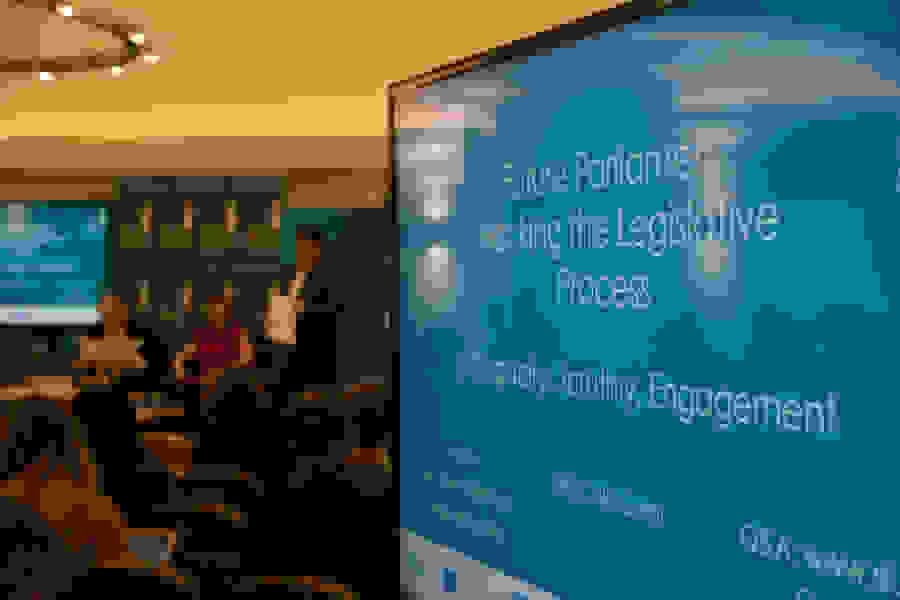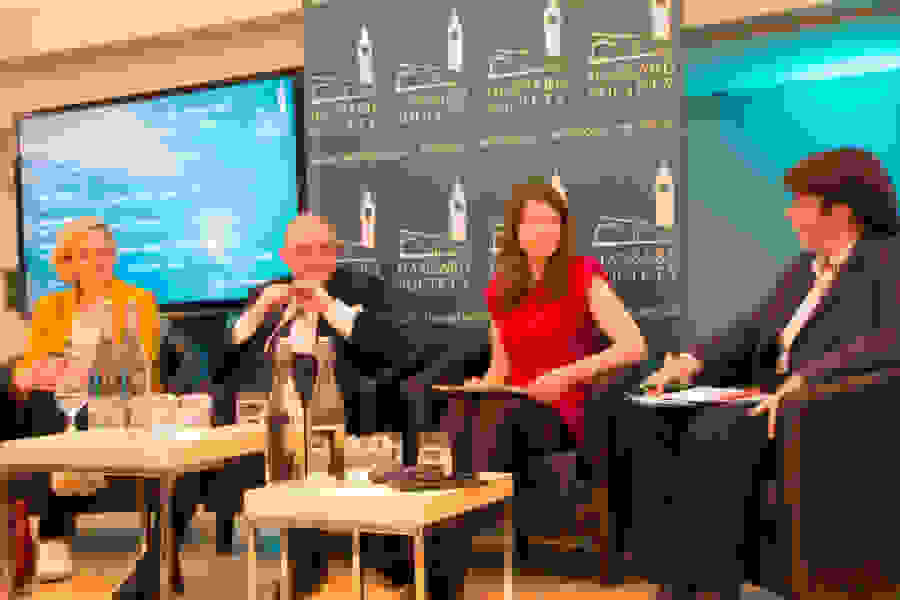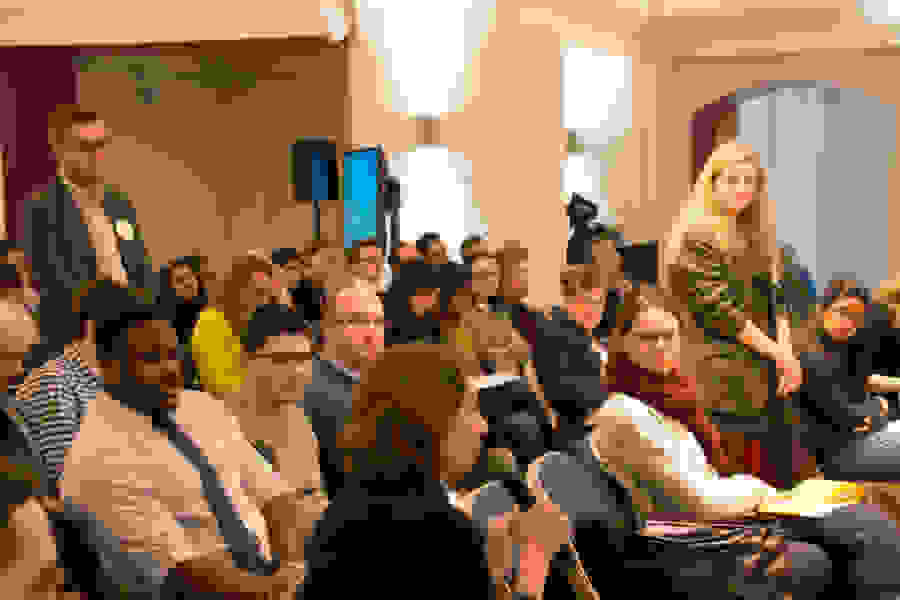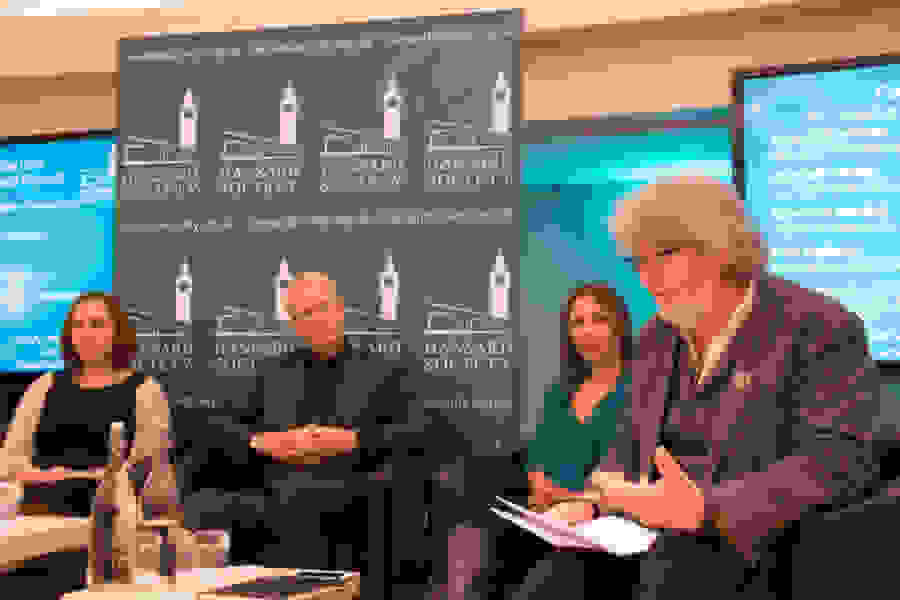News / Is AI set to destroy trust in elections? Tackling misinformation in politics & Parliament, with top fact checker Full Fact's Chris Morris - Parliament Matters podcast, Episode 32
The emerging role of Artificial Intelligence (AI) in shaping political discourse is a potential game changer. It has the capacity to fabricate fake interviews and manipulate images, all of which could mislead voters and disrupt the democratic process. But could it affect the results of our elections? We talk to Chris Morris, the head of factchecking organisation, Full Fact, about the threats posed by these technologies, the potential scale of misinformation in politics, and the measures politicians and political parties need to take to counteract them.








